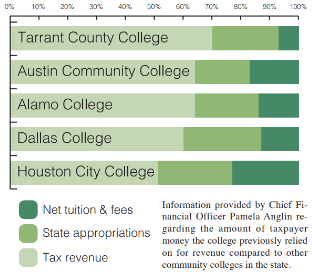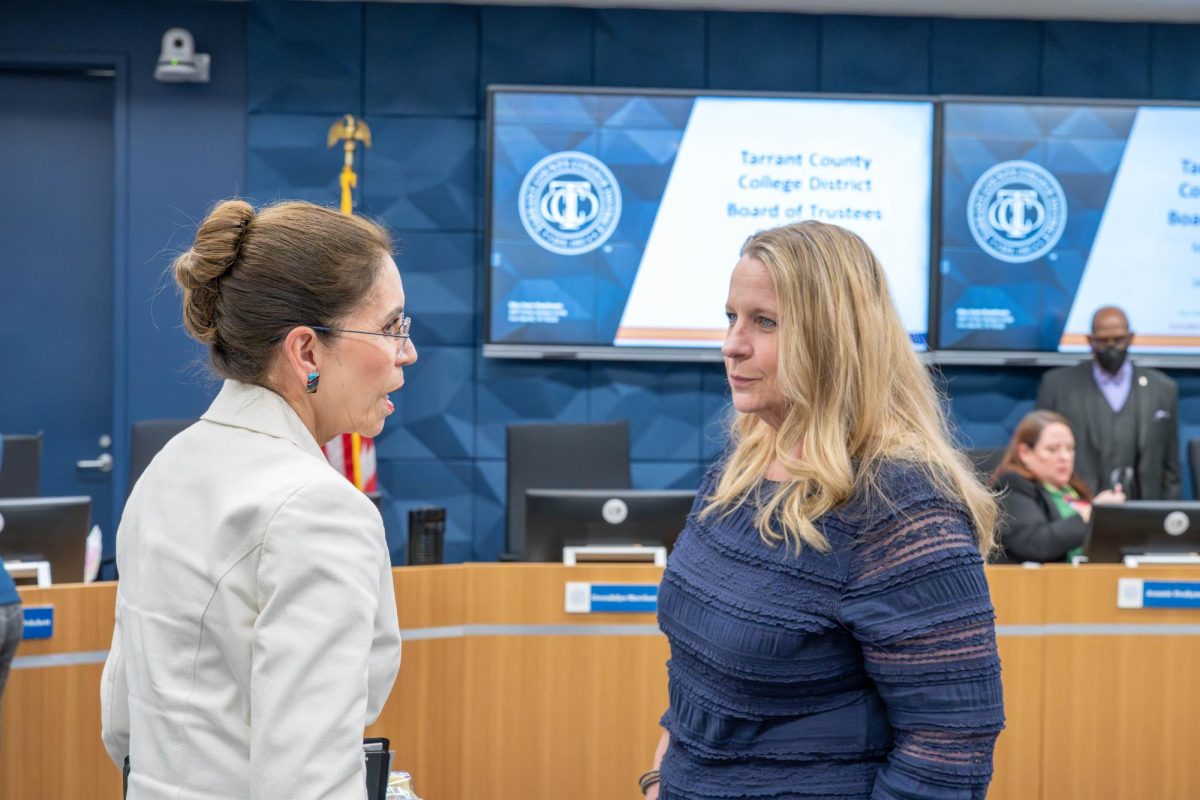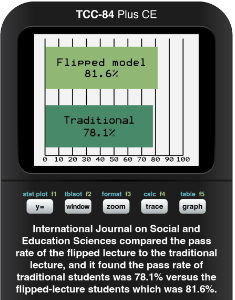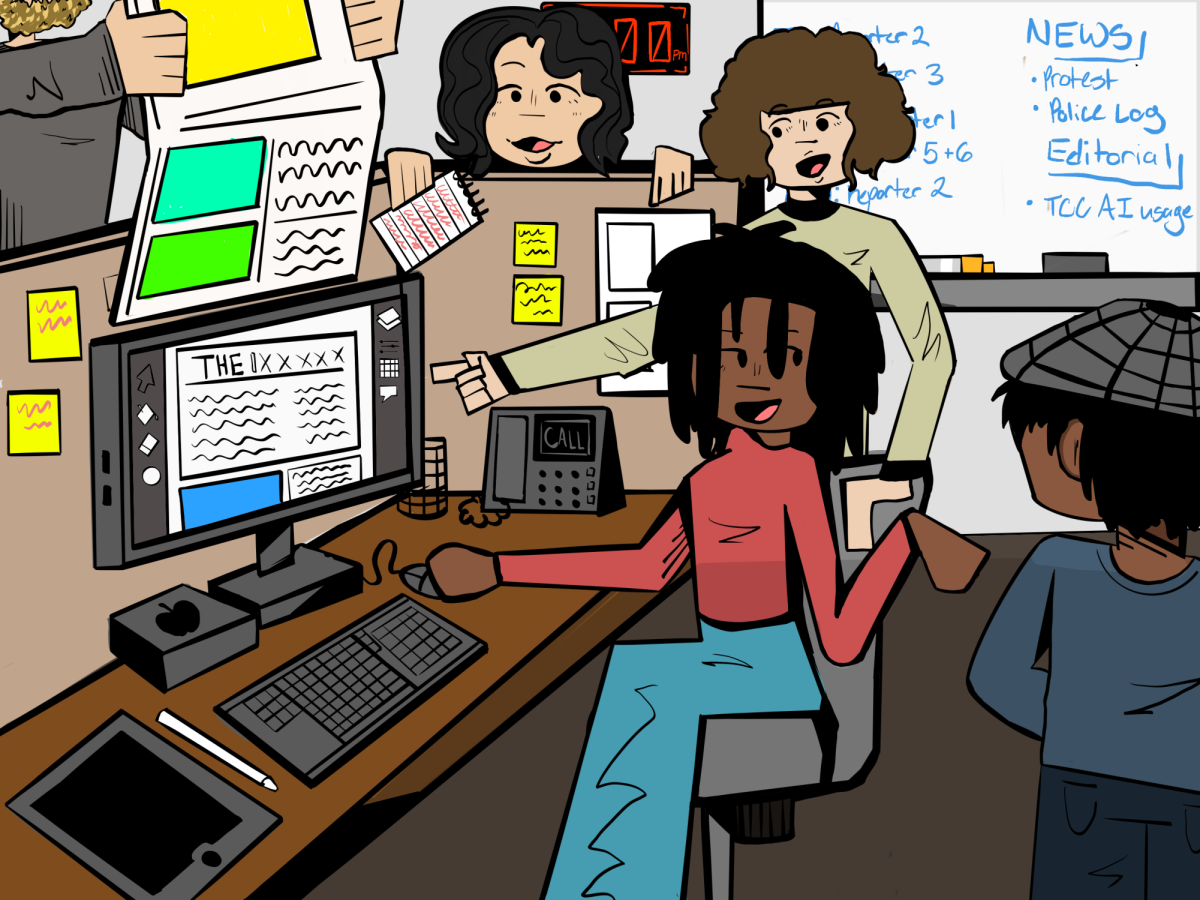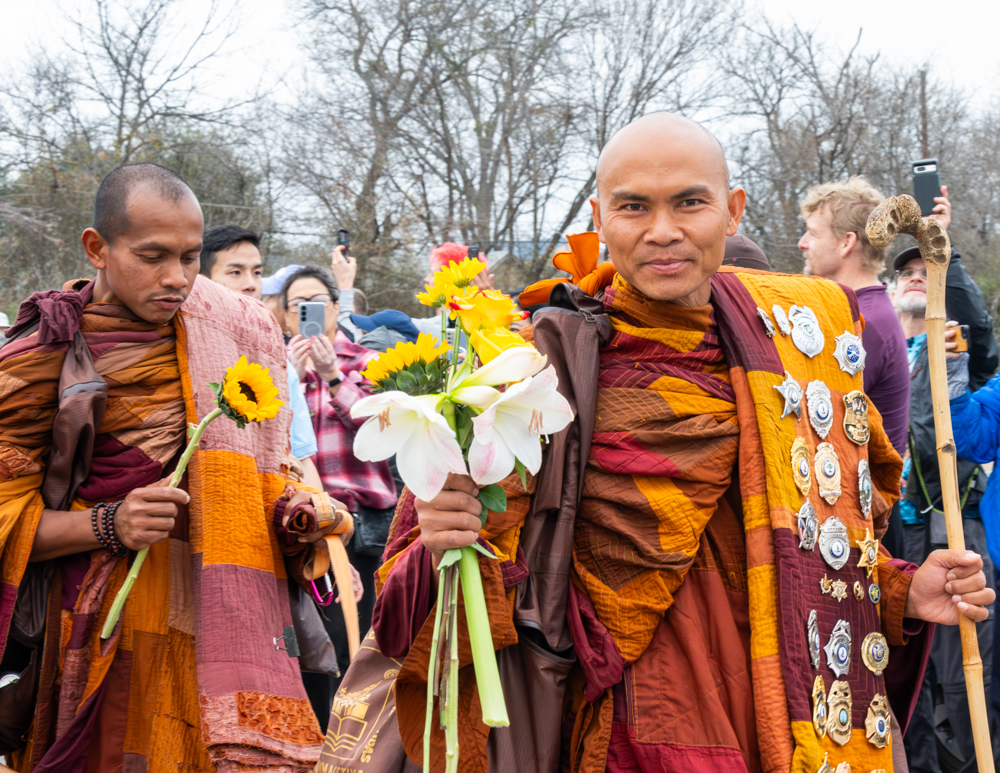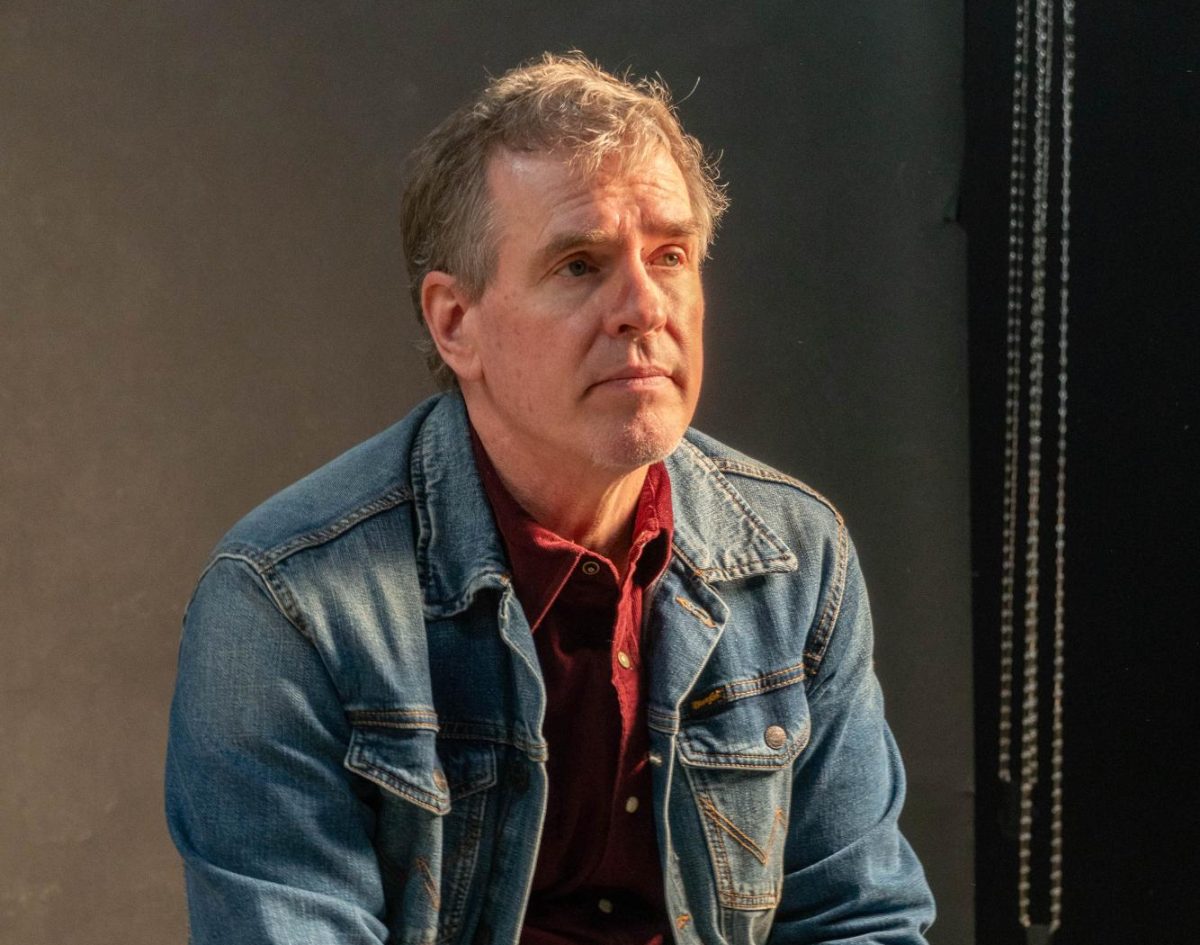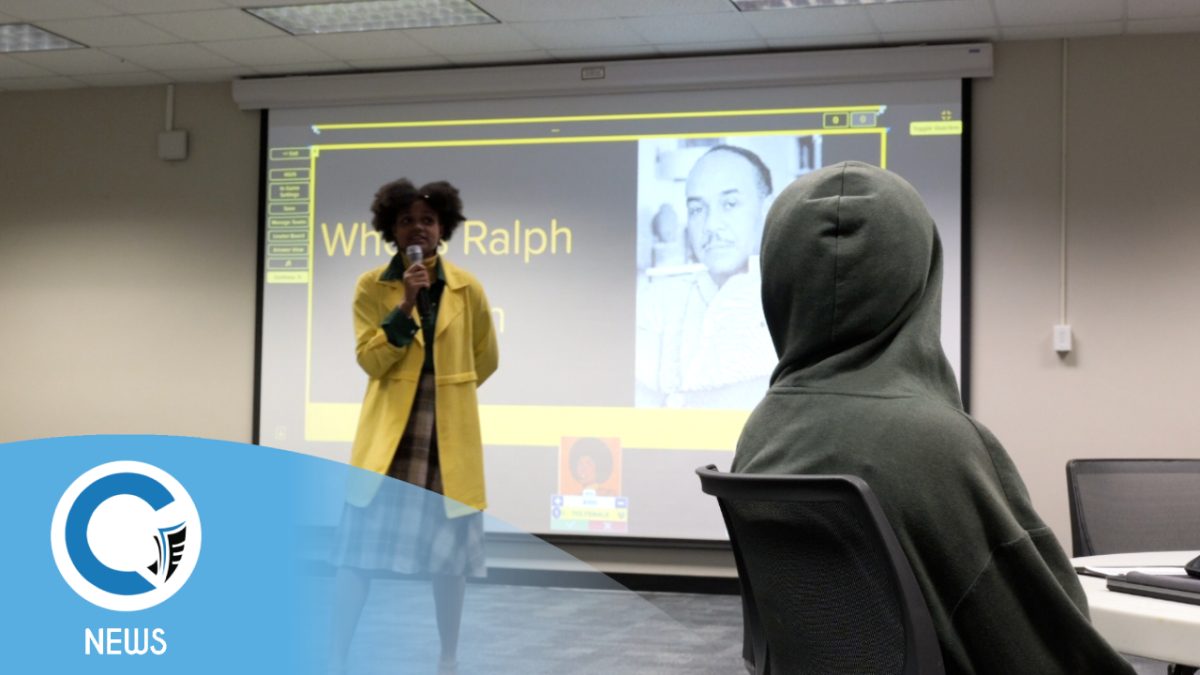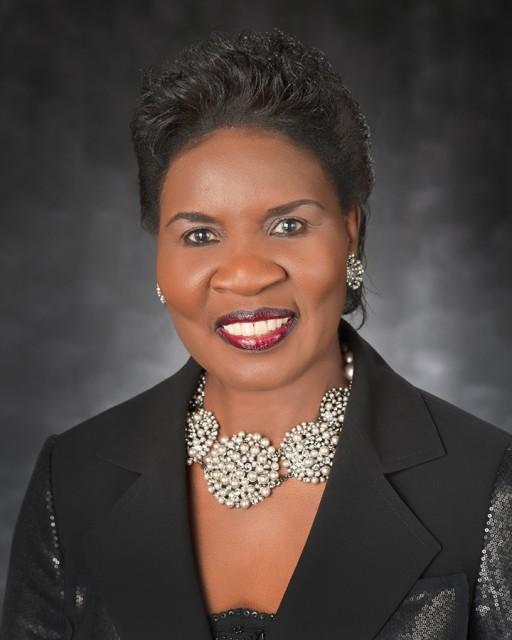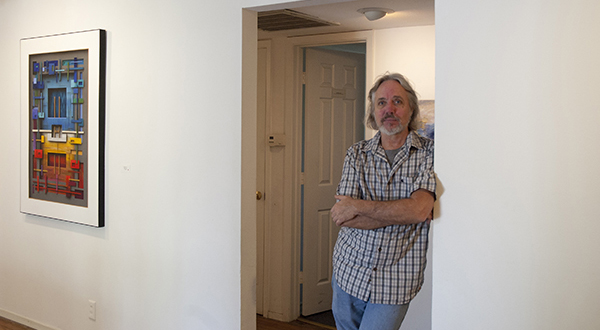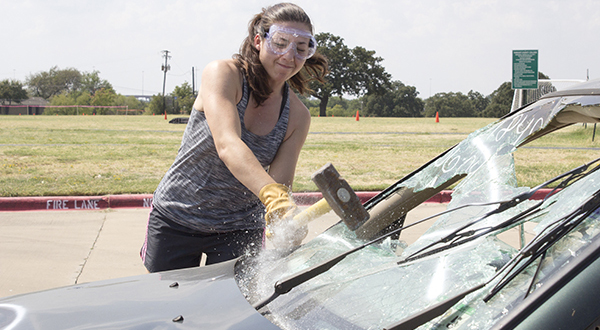By Hieu Truong/ reporter
SE students learned about the life of undocumented immigrants from a Pulitzer Prize-winning journalist Sept. 23.
Jose Antonio Vargas, an undocumented immigrant, wrote, directed and produced the documentary Documented, a film by an undocumented American.

Photo courtesy CNN Films
“How do you define American?” he asked.
The Dream Act has been proposed to the U.S. Senate several times since 2001 but has never passed. It was designed to help some undocumented immigrants get temporary residency and later, with further qualifications, permanent residency. A group of young undocumented immigrants started calling themselves Dreamers. Vargas wanted to make a film about them.
Some Dreamers have lived in the United States their whole lives. Many stereotypes identify all immigrants as Latinos, but that’s not true. Most undocumented immigrants are from Asia, Europe and Africa.
“America is white and black and Latino and Asian,” he said. “America is mixed. America is immigrants.”
After all the sacrifices these Dreamers made to be in the U.S., they are at risk of being deported back to their country, he said. Like the Dreamers, Vargas publicly told the world that he is an undocumented immigrant who has the right to stay in America.
As a journalist, filmmaker and activist for immigration rights, Vargas took a huge leap in exposing himself. His grandparents are naturalized U.S. citizens, who brought him over at age 12 from the Philippines without any legal documentation to permanently stay. Unfortunately, Vargas said, his mother and siblings had to stay behind.
Even though he didn’t have any documentation, Vargas had a relatively normal American teenage life. He joined clubs and activities in high school and went to prom. Only a few teachers and close friends knew about his secret. He finished high school and went off to college to become a journalist.
For the longest time, Vargas thought he couldn’t go to college, but he got a private scholarship to help pay for his apartment, books, food and classes.
After college, Vargas went undetected and got to work for The Washington Post, Huffington Post, Los Angeles Times and The New Yorker. He won the Pulitzer for a story on the Virginia Tech shootings in 2008.
One day, Vargas was watching YouTube videos on the Dreamers and was inspired by their speaking out on being undocumented immigrants. He said he then made the most important decision of his life.
He decided it was time to publicly come out and tell the truth about his illegal status. By exposing himself, he exposed his family and all the sacrifices they made to bring him here.
But he said he was on a mission to speak out about the Dream Act. He was willing to jeopardize his career and risk being deported back to the Philippines just to help millions of people like himself. Vargas did interviews and created the film.
The documentary reported that the Obama administration has already deported two million people. In 2012, the administration started the Deferred Action for Childhood Arrivals, which allows undocumented immigrants to request temporary relief.
However, Vargas said, immigrants must meet certain requirements, such as be under the age of 30 and continuously reside in the U.S. In his case, Vargas said he was not eligible for DACA because he was over 30.
Vargas said he was devastated but kept fighting for the right to be an American.
“What do you want to do with me? What do you want to do with us?” he asked when he appeared before the Senate Judiciary Committee.
These are valid questions that have millions of immigrants wondering every day, Vargas said.
SE English assistant professor Pennie Boyett said she shows this documentary to her class every year.
“We don’t see this because we are taking one side or the other as far as his situation is being undocumented,” she said.
Boyett wants her students to think about contemporary issues that are going on in the world.
“A lot of students have involvement with immigration issues, but it’s a good piece to watch,” she said.
Vargas said citizenship is more than a piece of paper to him.
“Citizenship is also about character,” he said. “I am an American. We’re just waiting for our country to recognize it.”


